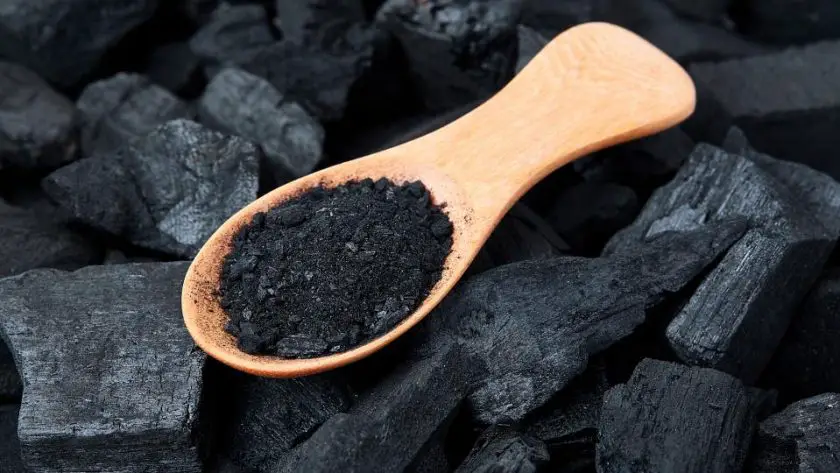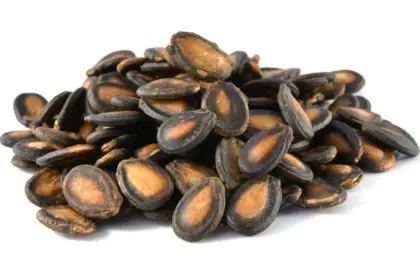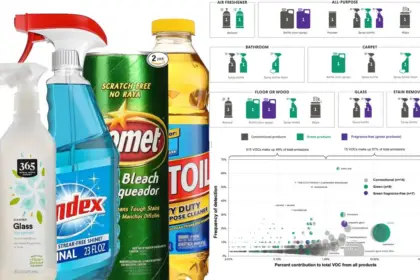Activated charcoal has exploded in popularity over the past decade. From face masks to detox drinks, toothpaste to supplements, it’s been labeled a “miracle” by many. But let’s cut through the marketing fluff — what does activated charcoal actually do, and what are its real, science-backed benefits?
Derived from carbon-rich materials like coconut shells, wood, or peat, activated charcoal is processed at high temperatures to become highly porous. This gives it the unique ability to trap toxins, chemicals, and gases, making it one of the most versatile natural substances used in both medicine and wellness.
Here are the top 10 proven benefits of activated charcoal — and why it might deserve a place in your cabinet.
1. Emergency Poison and Overdose Treatment
This is the gold-standard use of activated charcoal in hospitals. When someone overdoses on a drug or ingests a toxic substance, activated charcoal can bind to the poison in the stomach and intestines, preventing it from being absorbed into the bloodstream.
- Works best: If taken within 1–2 hours of ingestion.
- Substances it works for: Acetaminophen, aspirin, sedatives, and some recreational drugs.
- Not effective for: Alcohol, heavy metals, and corrosive substances like bleach.
Bottom line: This isn’t just a wellness trend — it’s a life-saving treatment when used correctly.
2. Reduces Gas and Bloating
If you’ve ever dealt with post-meal bloat, activated charcoal might help. It binds to gas-causing byproducts in your gut, reducing bloating and discomfort.
- Clinical studies: Some research shows a measurable reduction in intestinal gas volume.
- How to use: Typically taken in capsule form before or after a heavy meal.
Bottom line: It won’t solve every digestive issue, but it can take the edge off post-meal discomfort.
I get my charcoal from Schizandu naturals. Click here to visit! Use the discount code: healthywildfree to get an additional 10% off your order.
3. Water Filtration and Detoxification
Activated charcoal is widely used in home water filters to trap:
- Chlorine
- VOCs (volatile organic compounds)
- Heavy metals
- Pesticides
Its porous surface adsorbs (binds) these contaminants, leaving cleaner water behind.
Bottom line: If you care about what’s in your tap water, activated charcoal filtration is a legit way to clean it up.
4. Skin Purification and Acne Control
Used in facial masks, soaps, and scrubs, activated charcoal can draw out bacteria, dirt, and oil from your pores.
- Effective for: Oily or acne-prone skin.
- Caution: Overuse can dry out or irritate sensitive skin.
Bottom line: Activated charcoal is a useful tool in your skincare routine — just don’t go overboard.
5. Teeth Whitening and Oral Health
Charcoal toothpastes have become wildly popular, and for good reason:
- They gently polish away surface stains.
- They bind to plaque and microscopic debris.
However, many dentists warn against daily use due to abrasiveness that could wear down enamel.
Bottom line: Occasional use can brighten teeth.
I get my charcoal from Schizandu naturals. Click here to visit! Use the discount code: healthywildfree to get an additional 10% off your order.
6. Mold Cleansing in the Body
There’s evidence suggesting activated charcoal may help bind mycotoxins — toxic byproducts of mold — inside the gut.
- Used in detox protocols: Especially for people exposed to black mold or contaminated environments.
- Often combined with: Binders like bentonite clay or chlorella in functional medicine.
Bottom line: It’s not a mold cure-all, but it may help flush toxins from mold exposure when used as part of a broader protocol.
7. Anti-Diarrheal and Digestive Support
Activated charcoal can slow diarrhea by binding bacteria, toxins, and viruses that cause digestive upset.
- Used in travel kits: For food poisoning or traveler’s diarrhea.
- Common form: Capsules or tablets taken at the onset of symptoms.
Bottom line: It’s not a substitute for hydration or antibiotics if needed, but it can reduce symptoms short-term.
8. Lowering Cholesterol (Emerging Research)
Some early studies from the 1980s showed that activated charcoal may lower LDL cholesterol and increase HDL.
- Theory: It binds bile acids and prevents fat absorption.
- Not mainstream yet: More research is needed to confirm consistent results.
Bottom line: It’s not a replacement for statins or diet, but it’s a promising area of research.
9. Air Purification
Just like it purifies water, activated charcoal is used in air filters to trap:
- Smoke
- Odors
- VOCs
- Mold spores
This is especially helpful in homes with smokers, pets, or mold issues.
Bottom line: Look for charcoal-based air purifiers if indoor air quality is a concern.
10. Potential Kidney Health Support
Emerging research suggests activated charcoal might help people with chronic kidney disease (CKD) by binding urea and other toxins in the gut, lowering their burden on the kidneys.
- Limited to: People with reduced kidney function.
- Should only be used: Under medical supervision.
Bottom line: For kidney support, it’s still experimental — don’t self-prescribe.
I get my charcoal from Schizandu naturals. Click here to visit! Use the discount code: healthywildfree to get an additional 10% off your order.




